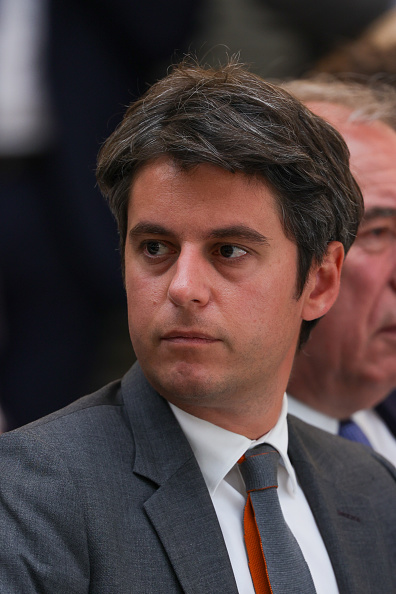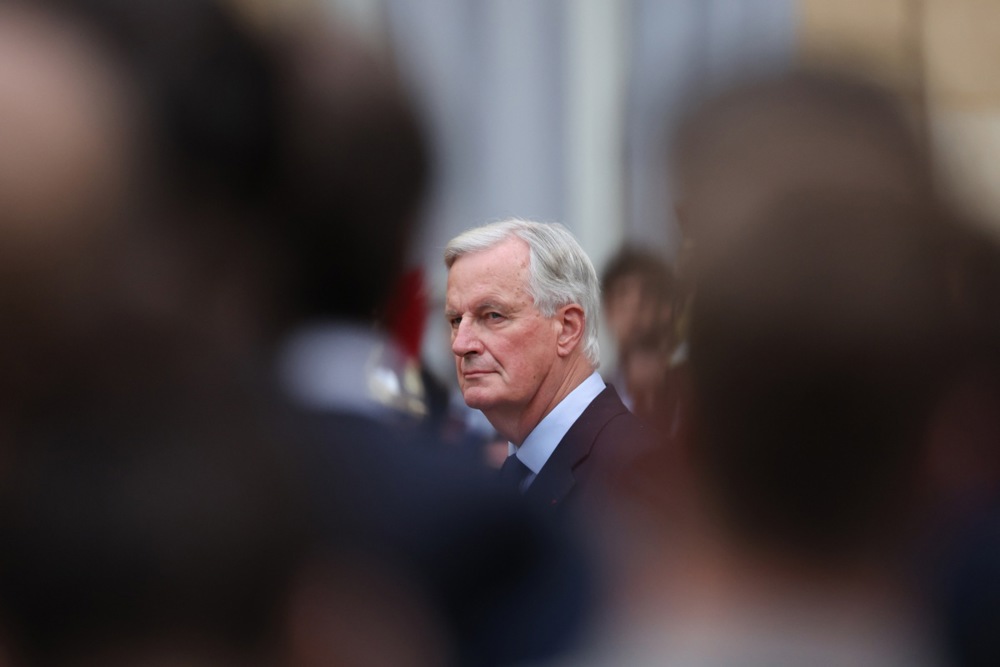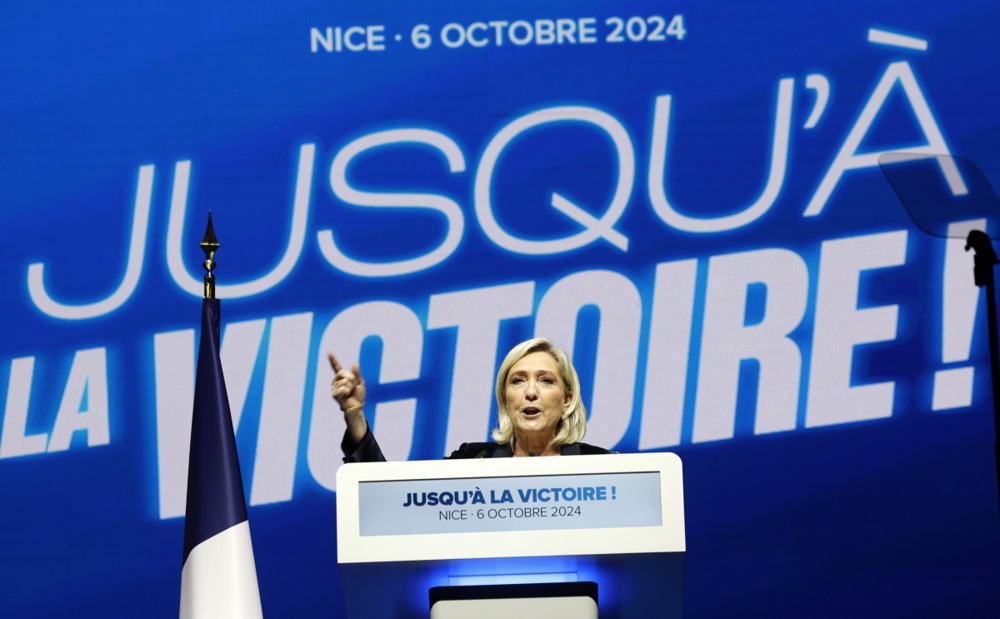Jordan Bardella, leader of France’s National Rally (RN), has said the end of the French Government was now a “done deal” ahead of a likely no-confidence vote.
French Prime Minister Michel Barnier looks set to automatically trigger the vote in parliament by forcing through the country’s 2025 budget on December 2, via article 49.3 of the country’s Constitution.
The article allows minority governments to pass bills without the blessing of parliament in exchange for allowing opposition groups to field no-confidence votes. Both the French Left and Right have vowed to do that if such a method was employed by Barnier.
Speaking to the French media, Bardella said he believed the end of the Barnier government was a near certainty, repeating his vow to shoot down the administration if it forced through the contentious austerity budget.
“The National Rally will activate the mechanism of voting for the weapon of censure, unless of course, there is a last-minute miracle,” he said earlier on December 2.
Bardella emphasised that his party was open to negotiations with Barnier aimed at adjusting the budget to one that RN could vote in favour of, which would remove the need to use article 49.3.
He clarified that the time limit for such talks was 3pm local time on December 2 and that there was zero chance his party would vote in favour of the budget in its current form.
“Rejecting this budget means protecting France’s economic interests and attractiveness,” Bardella wrote on X.
“By increasing the cost of labour, delaying the reduction of production taxes for the benefit of very small and medium-sized enterprises, and compressing the purchasing power of the French, this government is condemning the country to economic stagnation, or even to decline.
“We cannot accept this,” the party leader added.
A majority of French citizens want French PM Michel Barnier’s government to fall, according to a latest poll. https://t.co/1S4AIUlX0Q
— Brussels Signal (@brusselssignal) November 25, 2024
A back-and-forth between RN and the Macronist camp has been ongoing for the past few weeks, with the French populists repeatedly threatening to torpedo the government over economic issues.
Despite being the cause such threats, RN’s star MP Marine Le Pen has repeatedly insisted that her party was open to talks with Barnier aimed at getting the legislation through.
Speaking to La Tribune on November 30, Le Pen repeated the claim that RN wanted co-operation, although she added that derailing the budget and the government may end up being the right call.
She added that repeated claims from those in French President Emannel Macron’s camp that a failure to pass the budget would result in political instability were unsubstantiated, and argued that an emergency extension to the 2023 budget could be passed instead.
“There is still a tendency for the executive to try to save itself by panicking everyone. The French system is well designed, there is absolutely no reason to panic because nothing is definitive,” she said.
France’s former interior minister Gérald Darmanin has called upon current PM, Michel Barnier, to find common ground with the National Rally party “and its 11 million voters”. https://t.co/SMYpeUXJeG
— Brussels Signal (@brusselssignal) November 29, 2024
With the country’s Left having already vowed to vote against the current administration in any future confidence vote, it appeared likely that Barnier would be forced out of government by December 5 as a result of his budget.
The document itself was drawn up under European Union pressure, with Brussels unhappy with Paris’ current deficit, which is expected to reach 6.2 per cent of GDP by the end of this year — twice that of the maximum 3 per cent target set by the bloc.
Even with the EU-endorsed budget, the country’s deficit is expected to remain high, with Le Monde recently reporting that the new target would be 5 per cent.
Insiders reportedly said they believed even this figure was too optimistic, with the French paper adding that “nobody believes” that the Barnier budget would enable the country to hit such a target.
National Rally firebrand Marine Le Pen has accused Michel Barnier’s French Government of spreading “false information” about the country’s current budget stand-off. https://t.co/0rNJoG4XWo
— Brussels Signal (@brusselssignal) November 28, 2024





